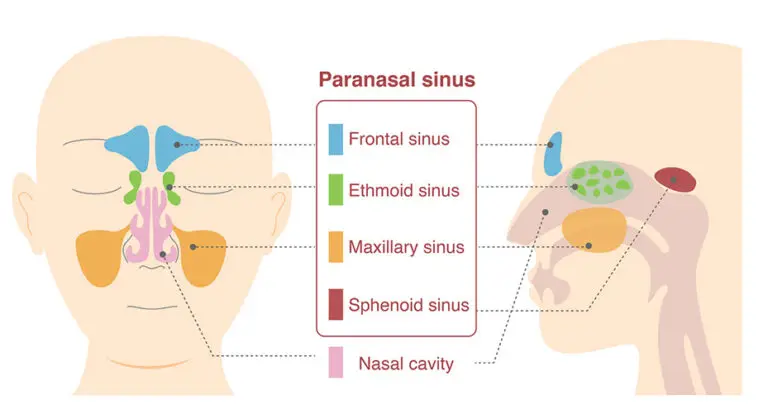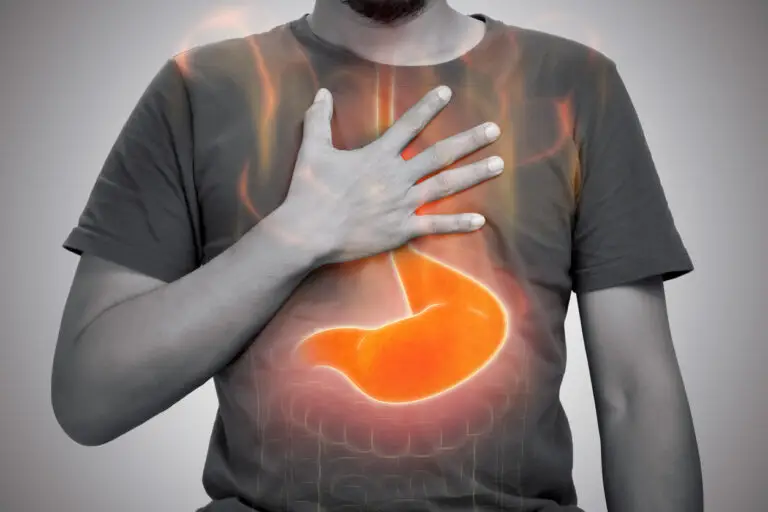When applying for VA disability benefits, having the right evidence is necessary. Many veterans face claim denials due to negative opinions from Compensation and Pension (C&P) examiners. If this has happened to you, know that it’s not the end of the road. A solid nexus letter can be the key to countering a VA negative opinion and securing your benefits.
Nearly every VA disability claim relies on the opinion of medical experts, including the C&P examiner, to determine service connection. But here’s the challenge: if the necessary evidence for the medical expert isn’t provided upfront, it can lead to unfavorable outcomes. This is why presenting the right documentation to the medical expert from the start is so important. Without it, your claim may lack the support needed for approval.
Understanding “Nexus”
When evaluating a “nexus,” a C&P examiner, or private medical expert, is tasked with identifying a connection between two medical conditions. Contrary to common misconceptions, the examiner is not required to prove with absolute medical certainty that one condition caused the other. Instead, they must determine whether there is at least a 50% likelihood that one condition caused, worsened, or is connected to the development of the other. This standard, unique to VA claims, differs significantly from the legal and medical principles typically taught in medical school, often leading to confusion within the medical community.
Types of Evidence for the Medical Expert
To strengthen your claim, providing the right evidence is required. Medical experts look for specific types of records when reviewing a veteran’s claims file, and understanding what they prioritize can make a difference.
Here are the key types of evidence medical experts focus on when determining a nexus:
- Statement in Support of Claim
- Current Service Connections
- Post Military Medical Records (VA and Private Records)
- Service Records
- Occupational Records
- Previous Rating Decisions
- Previous C&P Examinations
- Toxic Exposure Risk Activity (TERA) Memorandum
- Scientific Studies or Reports
- Buddy Letters
Why is this Evidence Important?
When reviewing a claim, a strong foundation starts with a personal statement. This statement allows the medical expert understand how your claimed condition came about and what you are struggling with today. There’s no need to force a connection between the two conditions based on your assumptions. Medical evidence may not align with your belief. Instead, focus on presenting a clear timeline of events. Highlight the triggers, treatments, and symptoms over the years—this is what matters.
Alongside this, the current service connections can provide understanding of what conditions may be aggravating your claimed condition or causing your claimed condition.
Your medical records play a vital role. Medical records must document your current diagnosis for your claimed condition. It also can outline treatment and show the progression of your claimed condition. Both VA and private medical records from non-VA providers can offer additional evidence and perspectives to strengthen your case.
Service records may demonstrate how your condition began or was aggravated during your time in service, establishing the necessary link between your current diagnosis and your military duty.
Post-service occupational records can also provide insight into how your claimed condition may have impacted your ability to work.
Previous Rating Decisions are important because they outline the reasoning for your denial. The reasoning helps direct the medical expert’s thoughts on a possible nexus.
Previous Compensation and Pension (C&P) exam findings and opinions add valuable context to the current claim status, shedding light on medical expert’s thought process and why they may have provided a negative VA opinion.
For cases involving toxic exposure, a Toxic Exposure Risk Activity (TERA) memorandum can detail the environments you were exposed to during your service, offering insight to what role those activities may play in the development of your claimed condition.
Scientific studies, reports, or credible medical literature that connect your condition to service or a secondary condition can further support your claim. Typically, the medical expert will seek their own medical literature to reference. However, in cases where a medical expert is unable to locate their own research relevant to your claim, referencing a study may be helpful to the expert.
Additionally, buddy letters from fellow service members who witnessed the events or conditions leading to your claim can serve as powerful, firsthand accounts.
The more relevant evidence you include, the stronger your case becomes.
How Valor 4 Vet Can Help
If you receive a negative C&P opinion, or a rating decision denying your claim because of the C&P examiner, consider Valor 4 Vet.
At Valor 4 Vet, we specialize in VA nexus letters. Our team of medical experts understands the complexities of VA claims and is skilled in compiling nexus letters that can positively impact your claim.
Call or text us, or register on our website to get started.



